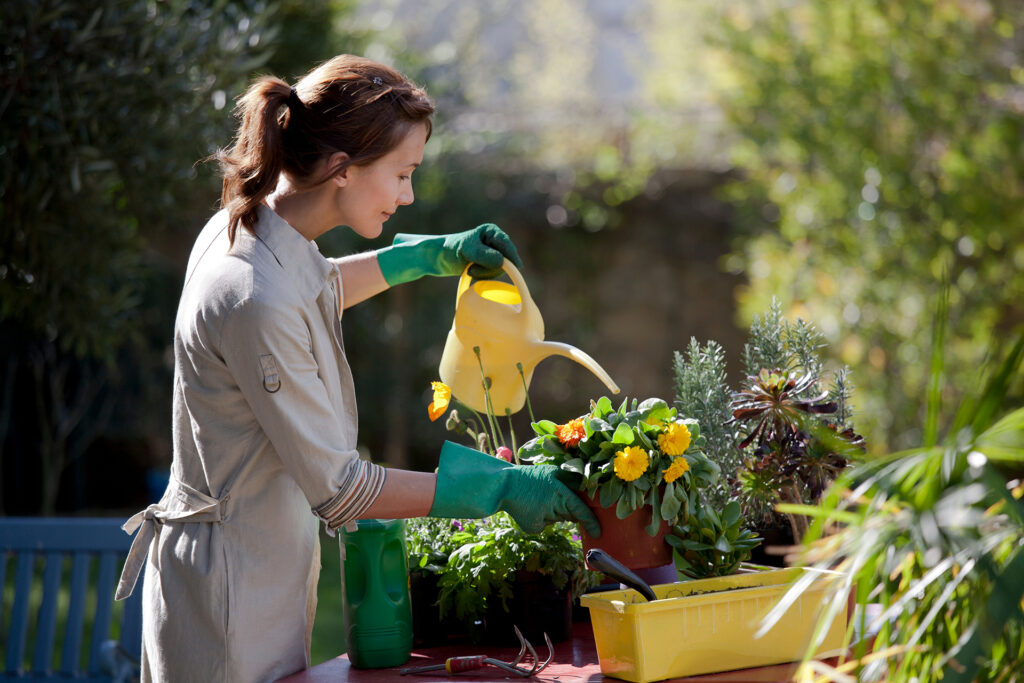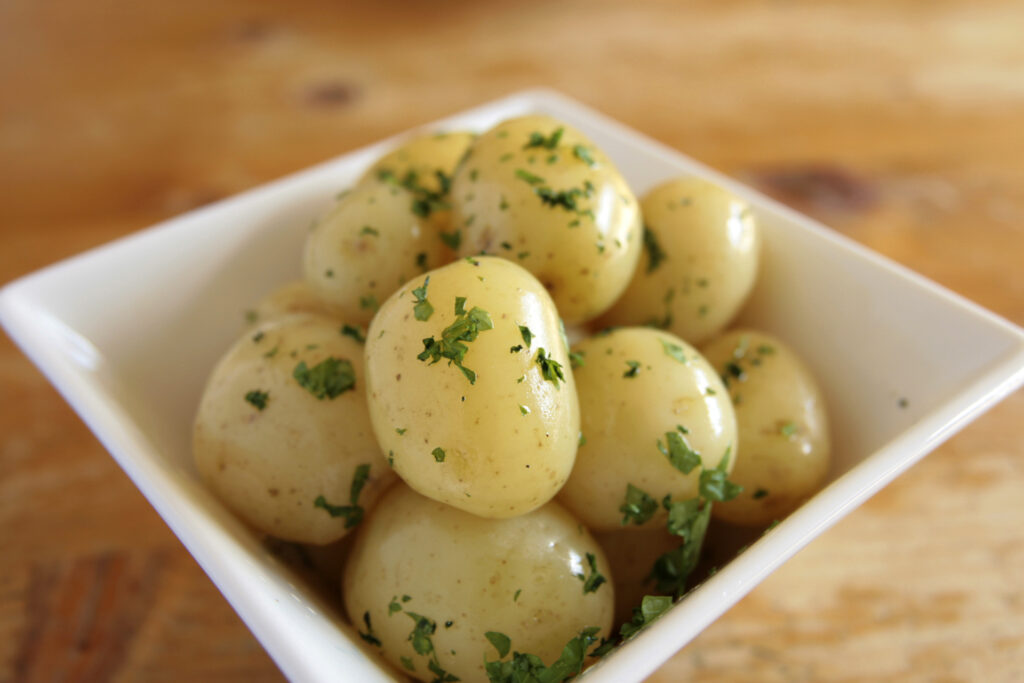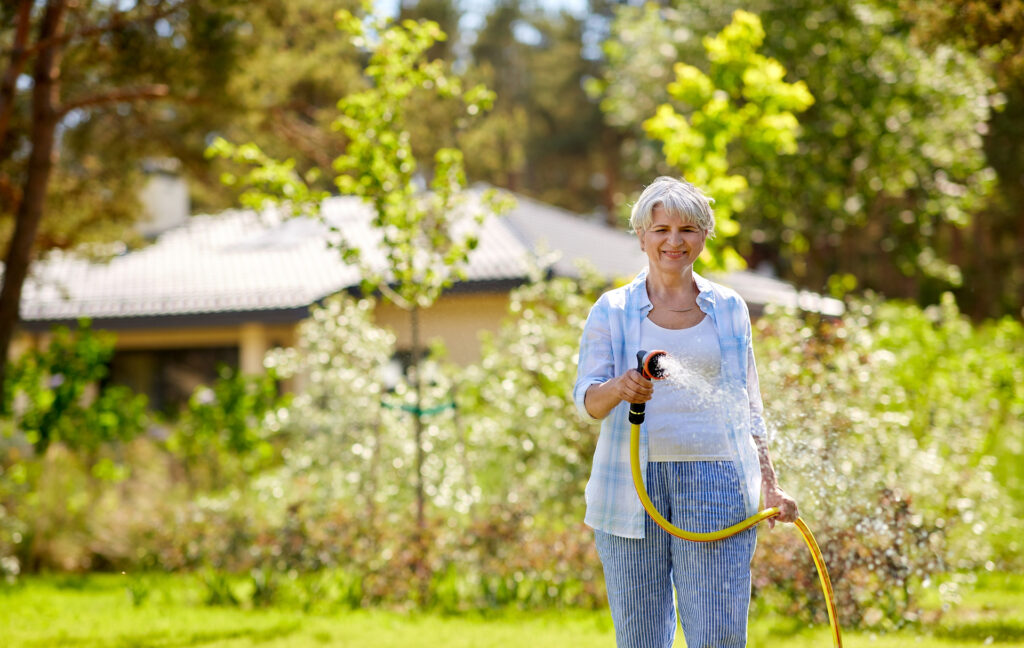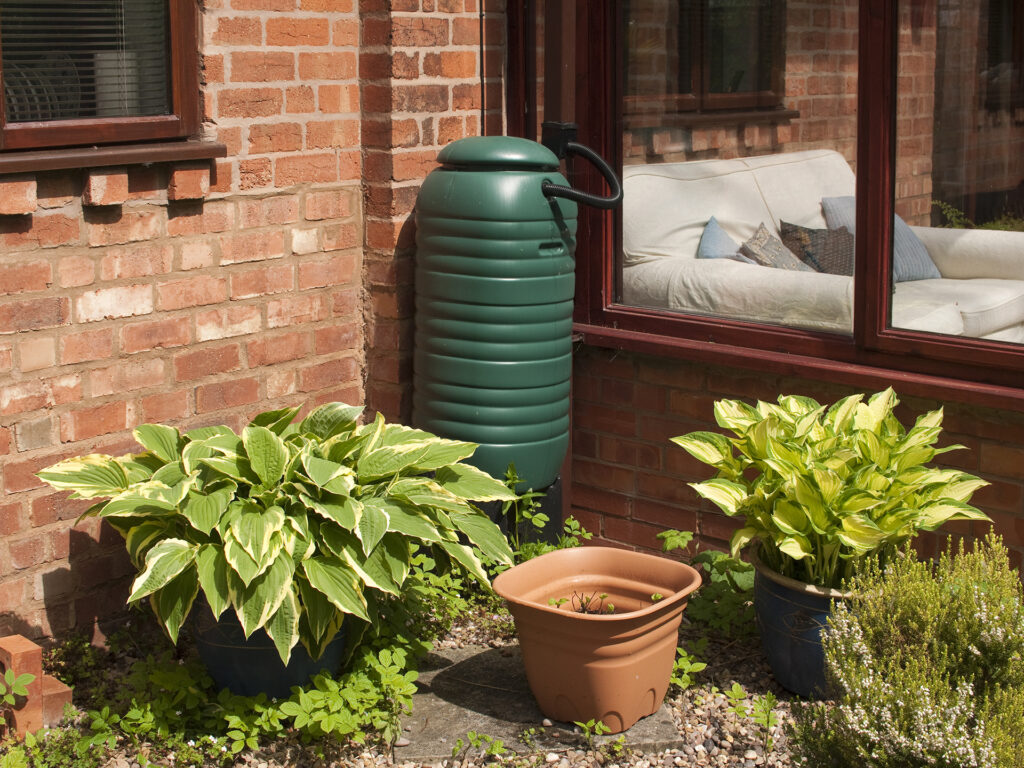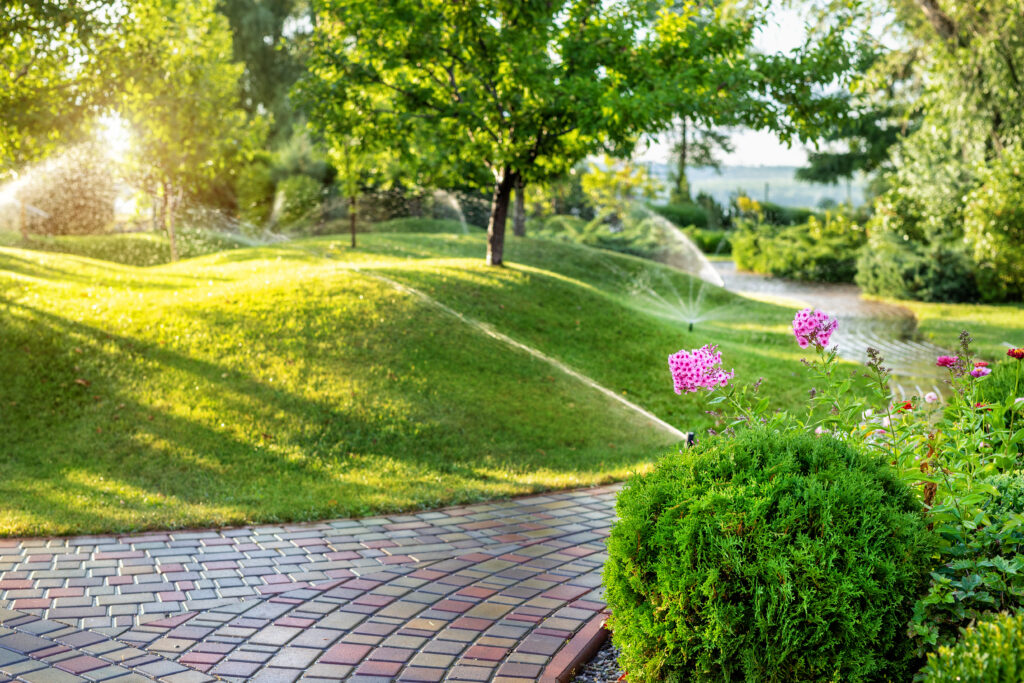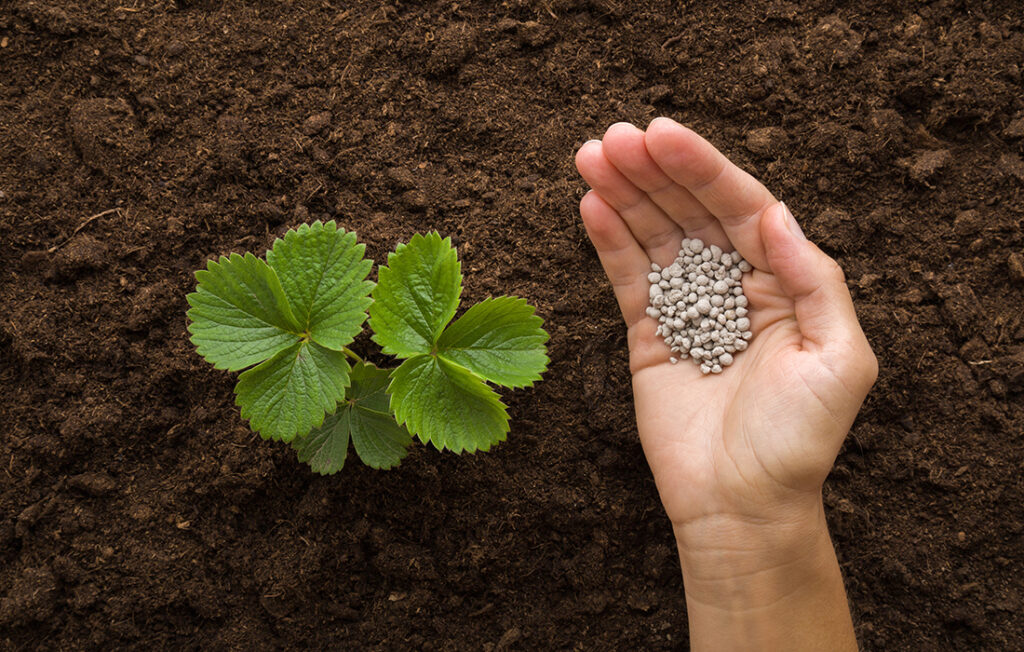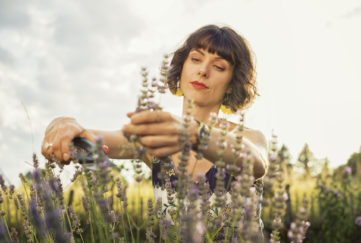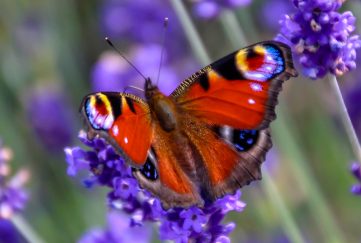8 Ways To Keep Your Garden Healthy Whilst You’re Away On Holiday
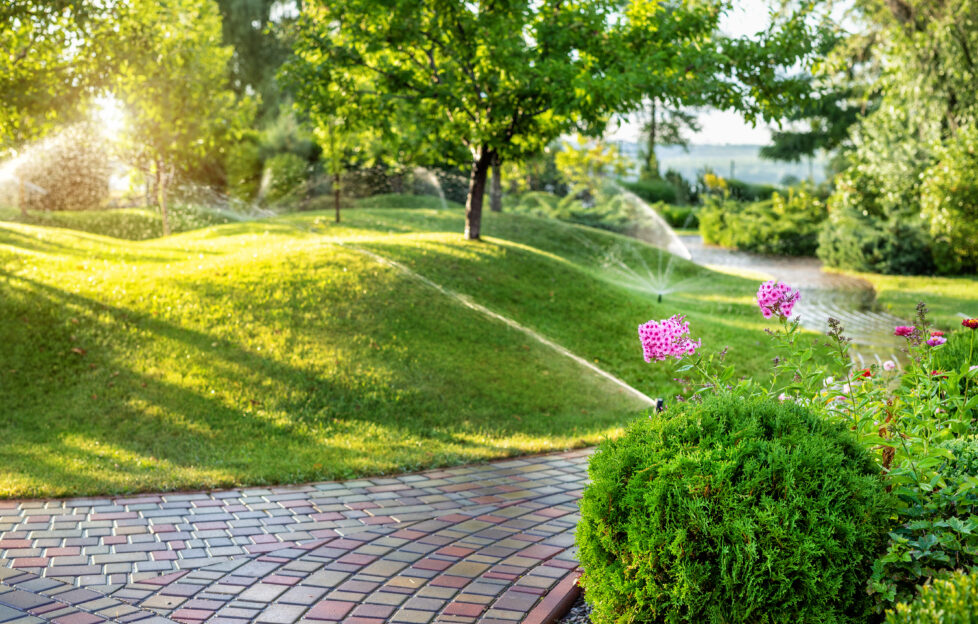
The experts at GardeningExpress.co.uk have outlined the best ways to keep your plants alive with simple changes.
Chris Bonnett, from GardeningExpress.co.uk said: “Gardening can take a lot of work, so it’s disheartening when you see that your plants are past their best when you come back from holiday.
“It’s really important to be mindful of your garden when planning a holiday during the summer because plants need more care when the weather is hot and dry.
“It is good to do some planning in advance rather than leave jobs until the last minute – if you enjoy popping away, plan your garden for this by using evergreen shrubs, mulching and don’t get too many pots that need a lot of watering.
“It’s always best to find someone who could look after your garden, for example a family member, a friend or even a neighbour. However, there are also solutions for those who don’t have that luxury.”
1 Weed your beds
Digging out the weeds plays a massive part in creating the best possible conditions for your plants to cope independently. It makes it more likely for your other garden plants to grow and flourish as they don’t have to compete with unwanted weeds for water, light and nutrients.
2 Harvest ripe and nearly ripe crops
Avoid your garden crops going to seed by picking all the ripe fruits and vegetables to make room for new ones to grow. If you find that you have an abundance of garden produce, you can freeze some of them or use them up in jams or sauces that you can preserve.
3 Mulch your beds
Mulching locks moisture into the soil and suppresses the growth of weeds. Therefore it’s a good method to prepare the garden for your absence, as it reduces the frequency of times you need to water and weed your plants.
4 Water thoroughly just before you leave
Give your plants a good watering as late as possible before your holiday. You may be able to get away with just that if you’re only leaving for about a week. That being said, remember to avoid overwatering your plants as it can damage their roots.
5 Move your pot plants out of the sun
If you have any pot plants in your garden then it’s best to move them into the shade so they won’t be damaged by the heat, but be mindful to not keep them sheltered from the much-needed rain. It’s also good to position them all together because it creates a humid microclimate for them.
6 Automated watering systems
If possible, you can consider adding automated tech to perform the watering duties in your garden. Not only does it make your life easier in general, but it’s extremely useful when you tend to be away for more prolonged periods of time during the summer.
7 Use water retaining gel or granules
They’re a great method for reducing the frequency of watering your plants. They hold on to water and release it throughout time, ensuring that the soil remains moist.
8 Use slow release plant food
Slow release fertilizers are another low-maintenance option for looking after your plants. They provide nutrients over a longer period of time by releasing a small amount of fertilizer to the soil when the compost is moist and warm enough for plants to grow.


